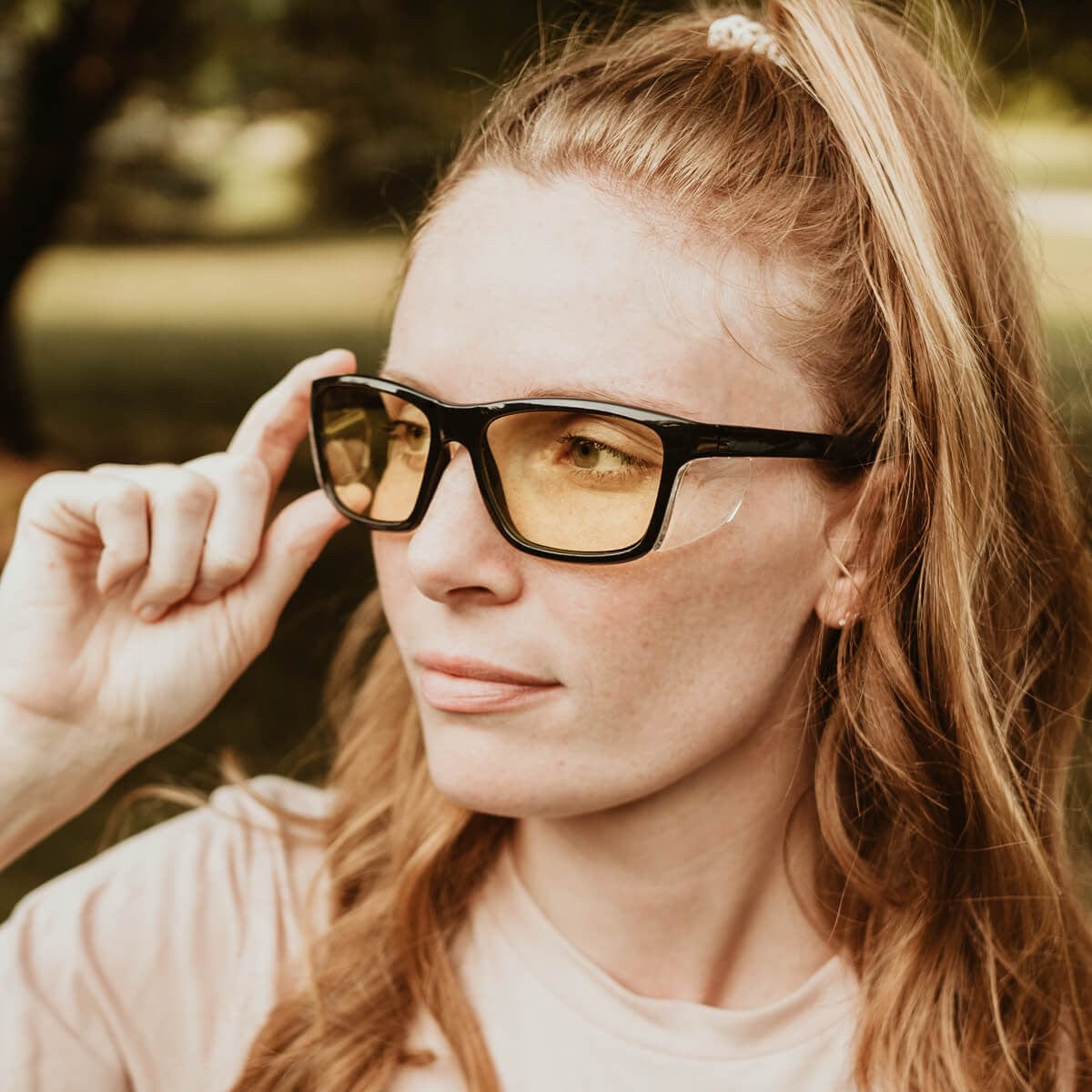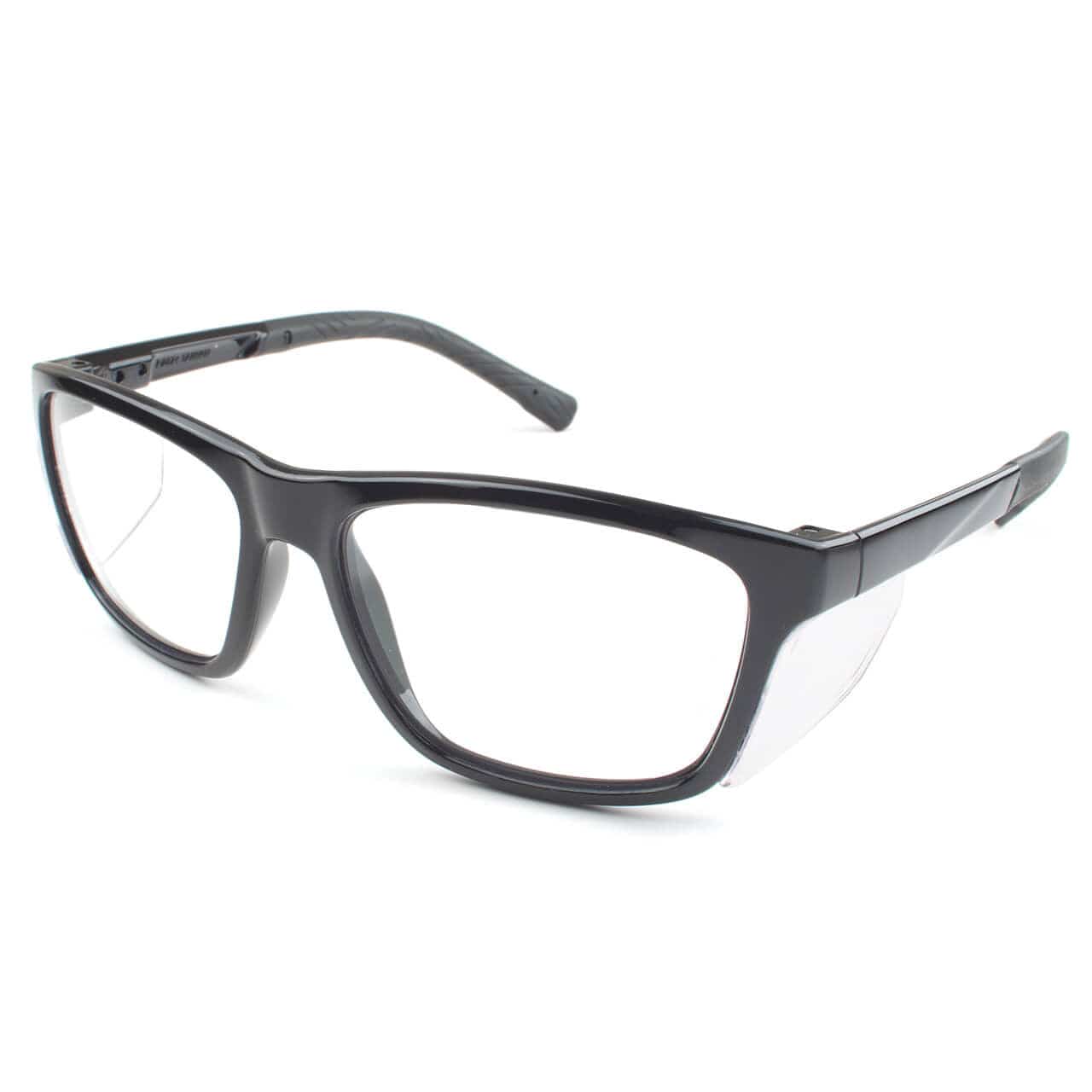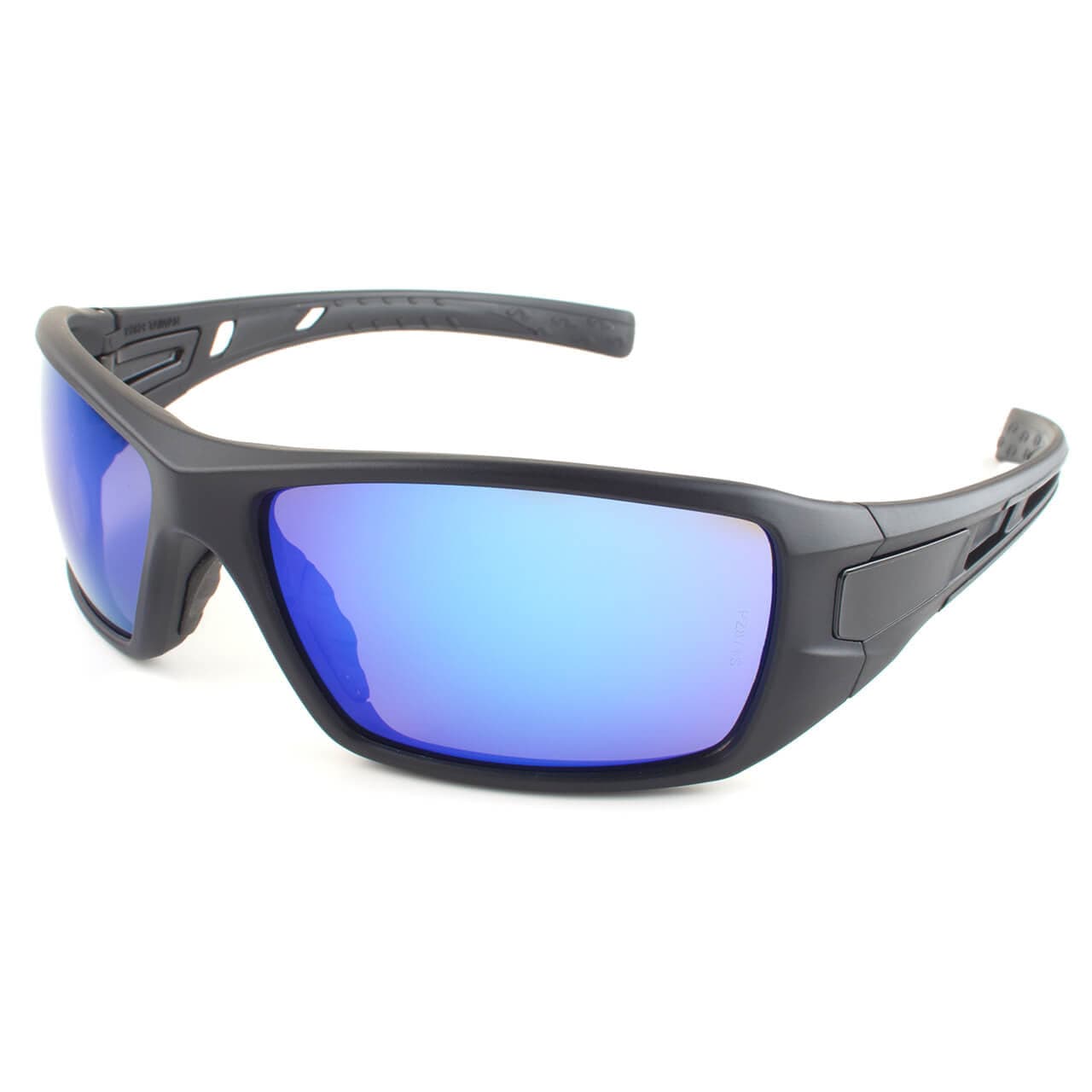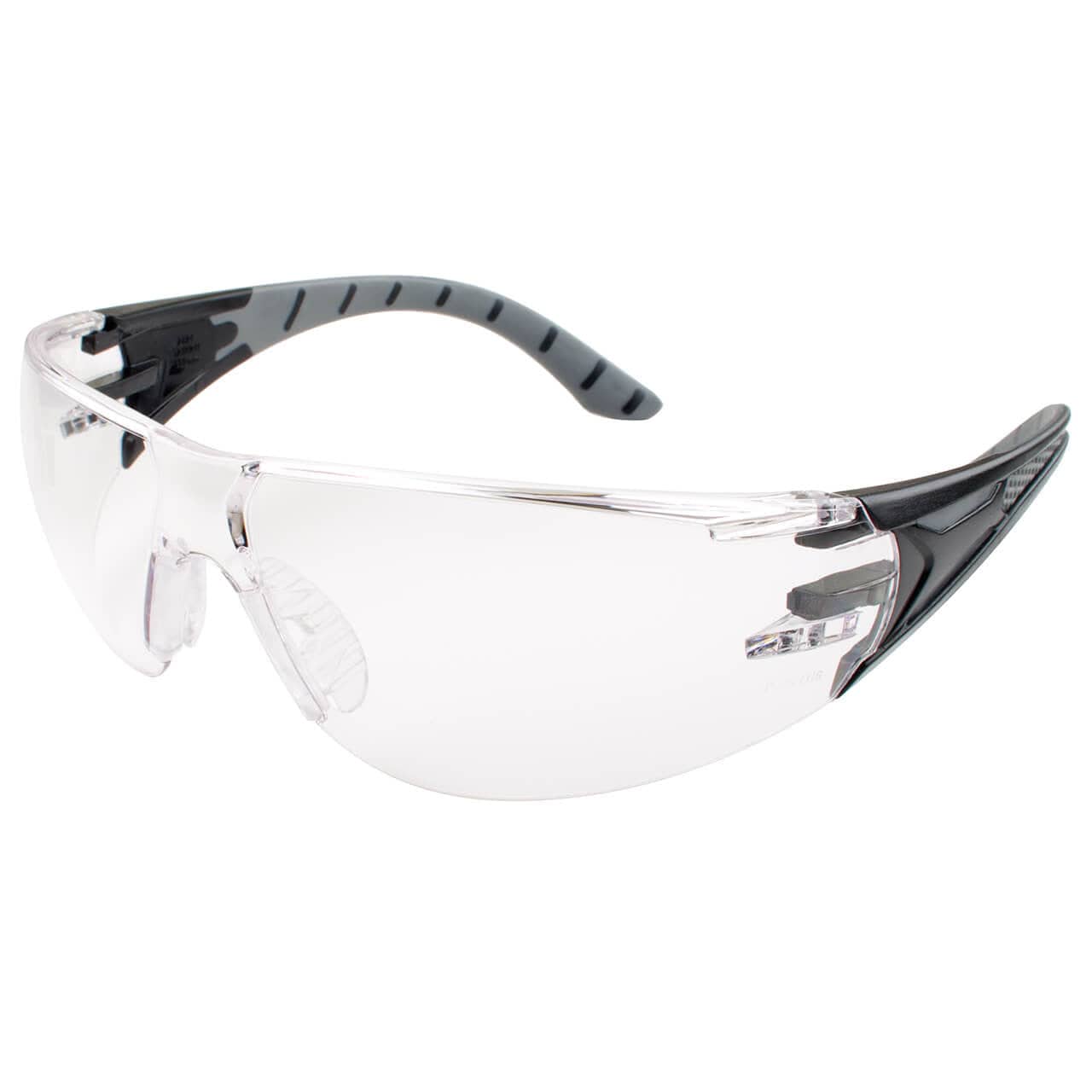Overall Benefits of Lens Tints
Copper, orange, yellow/amber, and brown lens tints are helpful in low-light conditions because they make an environment appear brighter. They also enhance contrast and depth perception and are great for overcast, hazy, and foggy conditions.
Also, these lens tints block blue light. With its shorter wavelength, blue light scatters easier than other colors, making focusing on objects difficult. Removing blue light improves sharpness and depth perception and reduces eye fatigue. These tints cause some color distortion, though brown/bronze lenses do so considerably less than the others.
Popular Uses
People who drive a lot prefer brown and copper tints for increased visual clarity but also because they enhance the color red. So, since brake lights, stop lights, and tail lights are all red, they'll really stand out. The easier it is to see these critical warning signals, the faster reaction times become.
Baseball players, golfers, cyclists, and hunters often prefer yellow and amber tints. However, in overcast and hazy conditions, the extra water vapor in the air increases the scattering of blue light. This decreases visual acuity and depth perception. As a result, the eyes must work harder, resulting in eye fatigue and sometimes headaches. Yellow and amber tints reduce the impact of blue light in these conditions.
Yellow tinted lenses also benefit anyone spending a lot of time in front of a computer screen. Computers, game consoles, smartphones, etc., produce a lot of blue light. Wearing yellow/amber tinted eyewear blocks blue light to help reduce eye fatigue and strain.
Health Benefits
Recent studies show even more uses for lens tints blocking the blue light. Turns out, these tints also have potentially significant health benefits.
- Sleep problems - Excessive light suppresses melatonin, especially the blue light from electronics and ambient light. Melatonin, our natural sleep hormone, helps us get to sleep. Wearing lenses that block blue light for an hour before bed may prevent melatonin suppression, allowing individuals to fall asleep quicker.
- Bipolar disorder - Preliminary research shows that blocking blue light may help stabilize mood for people suffering from some forms of bipolar disorder.
"...amber colored lenses, which block blue light, can help regulate the mood of those suffering from bipolar disorder, insomnia, sleep deprivation as well as other maladies." (Mental Benefits of Amber Colored Lenses)
- Macular degeneration - Excessive blue light may cause age-related macular degeneration, the leading cause of blindness in the elderly.
"Many people with macular degeneration have reduced color vision and reduced contrast vision. The use of yellow, amber and brown lenses can improve contrast vision and make it easier to see, especially in bright light, natural light or light that comes from bulbs." (What is Low Vision?)
While copper lenses block blue light better than the other lens tints, they may be too dark for many to wear inside. However, yellow, amber, brown, and /or bronze lenses block enough blue light without dimming and can still produce some of the same benefits.
Blue Light Exposure
More research is needed, but exposure to blue light clearly impacts health. In addition to causing color distortion, eye strain, and headaches, blue light may also increase cancer risk and connection to diabetes and obesity.
“Melatonin suppression from nighttime light exposure has also been shown to increase the risk of cancer, impair immune system function, and possibly lead to cardiometabolic consequences such as type 2 diabetes, metabolic syndrome, obesity, and heart disease."
Because of its harmful potential, consider doing the following…
- Replace night lights with dim red lights to reduce exposure to blue light.
- Avoid watching television and using computer screens an hour or two before bed.
- Spend more time outdoors since getting more natural light during the day helps regulate the body's natural rhythms.
Finding ways to regulate exposure to blue light may help you sleep better, preserve your eyesight and stabilize your mood. It may also benefit overall wellness and longevity. Take time today to assess your situation and determine if blue light impacts your health.








